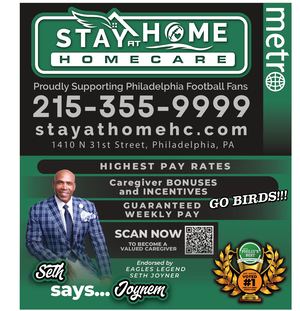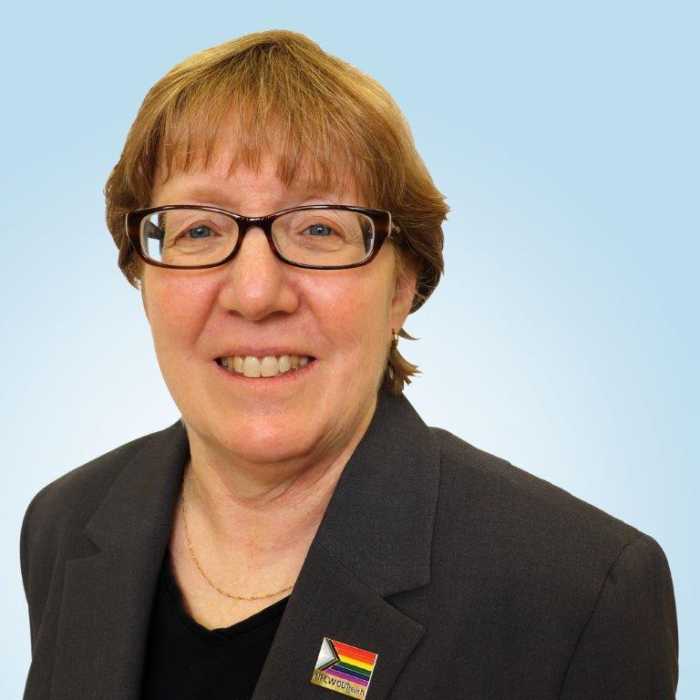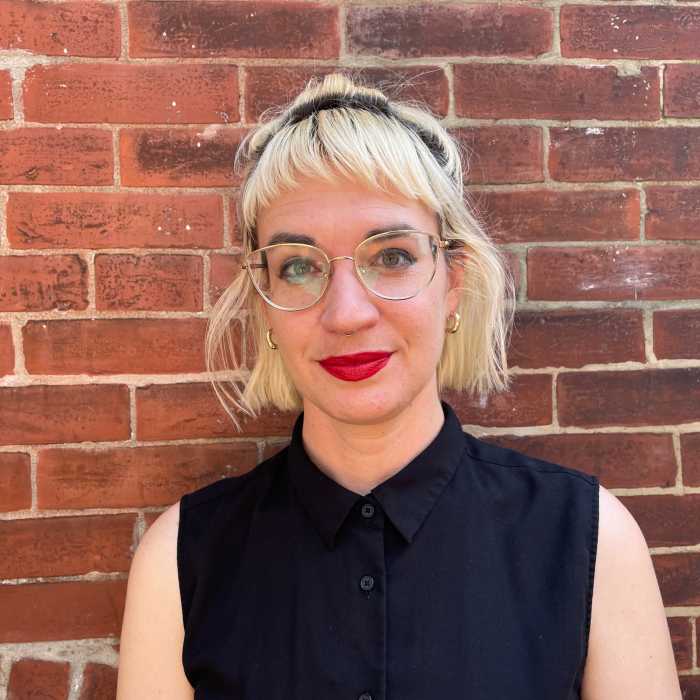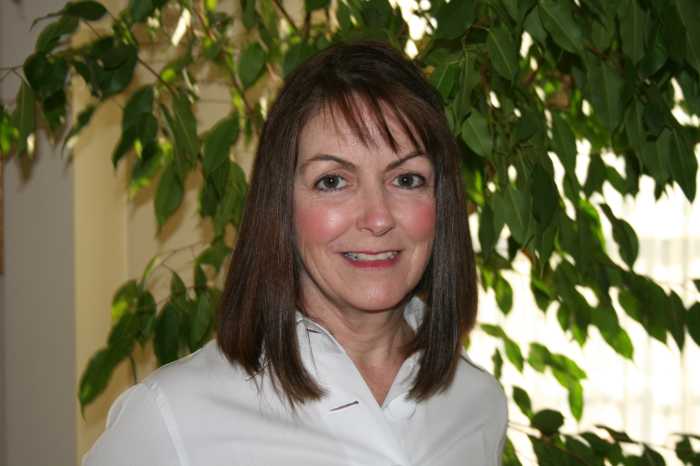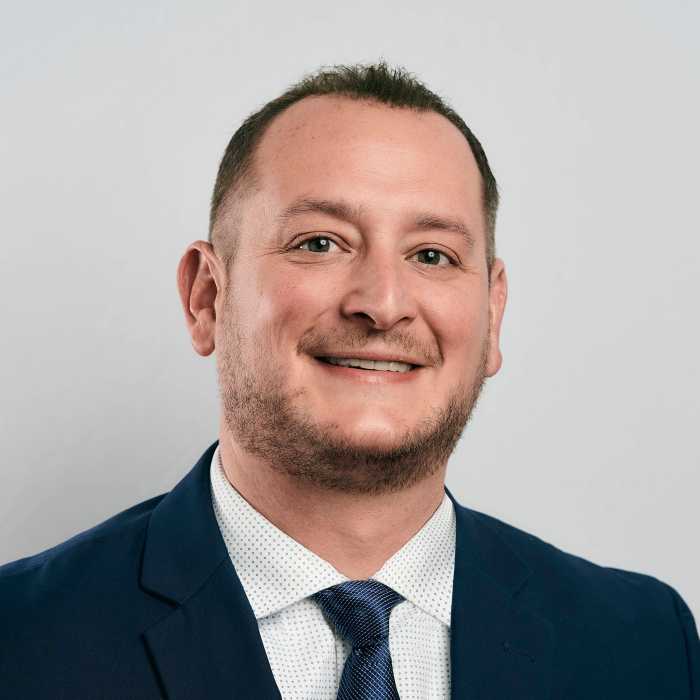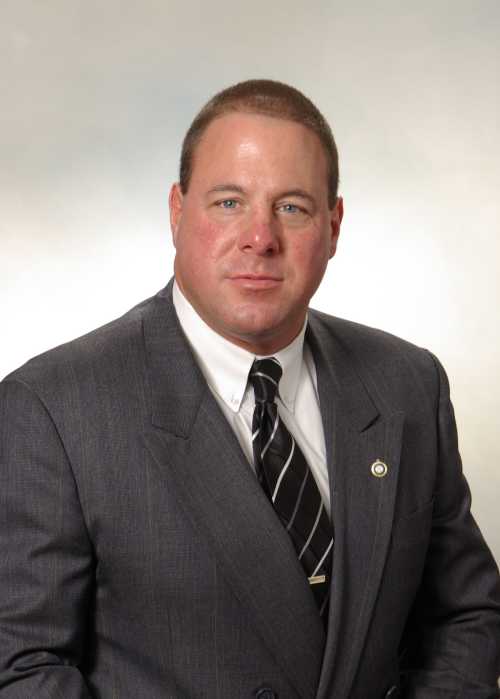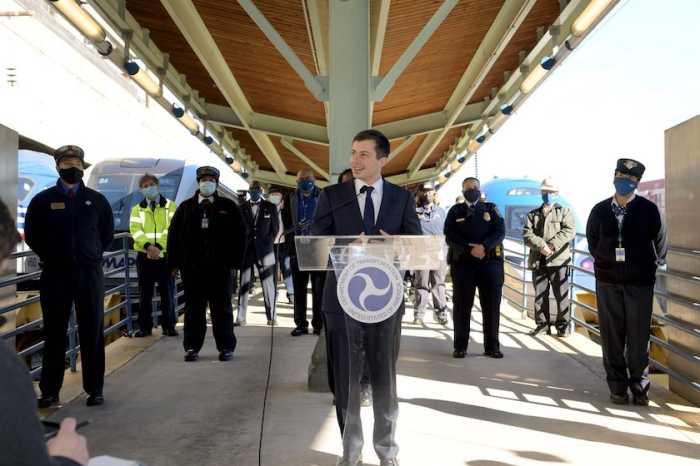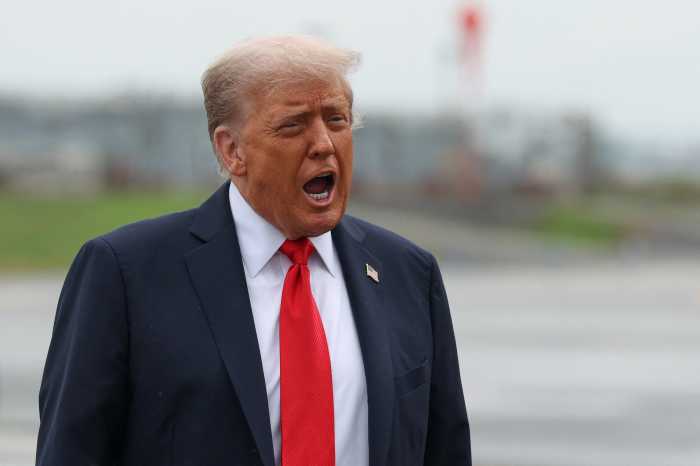Jerry T. Jordan is a lifelong Philadelphian, a graduate of Philadelphia’s public schools, and a high school Spanish and ESL teacher. Jerry is known for his steadfast leadership and unflappable commitment to public education. Jerry has led the PFT through some of the most tumultuous years of its history, including of course, the COVID-19 pandemic. Under his leadership, the PFT was a driving force in ensuring that schools would reopen in a safe and healthy manner.
What sector does your union service (healthcare, construction, etc.)?
Education.
What are the benefits that unions (your particular union, if applicable) offer their members?
We fight for working and learning conditions that are good for students and educators.
What brought you to organizing and/or the issue of worker advocacy?
I recall the pre-collective bargaining, pre-civil rights era of my youth when teachers were not treated as professionals and African American teachers were barred from teaching in white schools, in high schools or becoming principals. As a result, I became active in the PFT and was elected the PFT building representative at University City High School.
